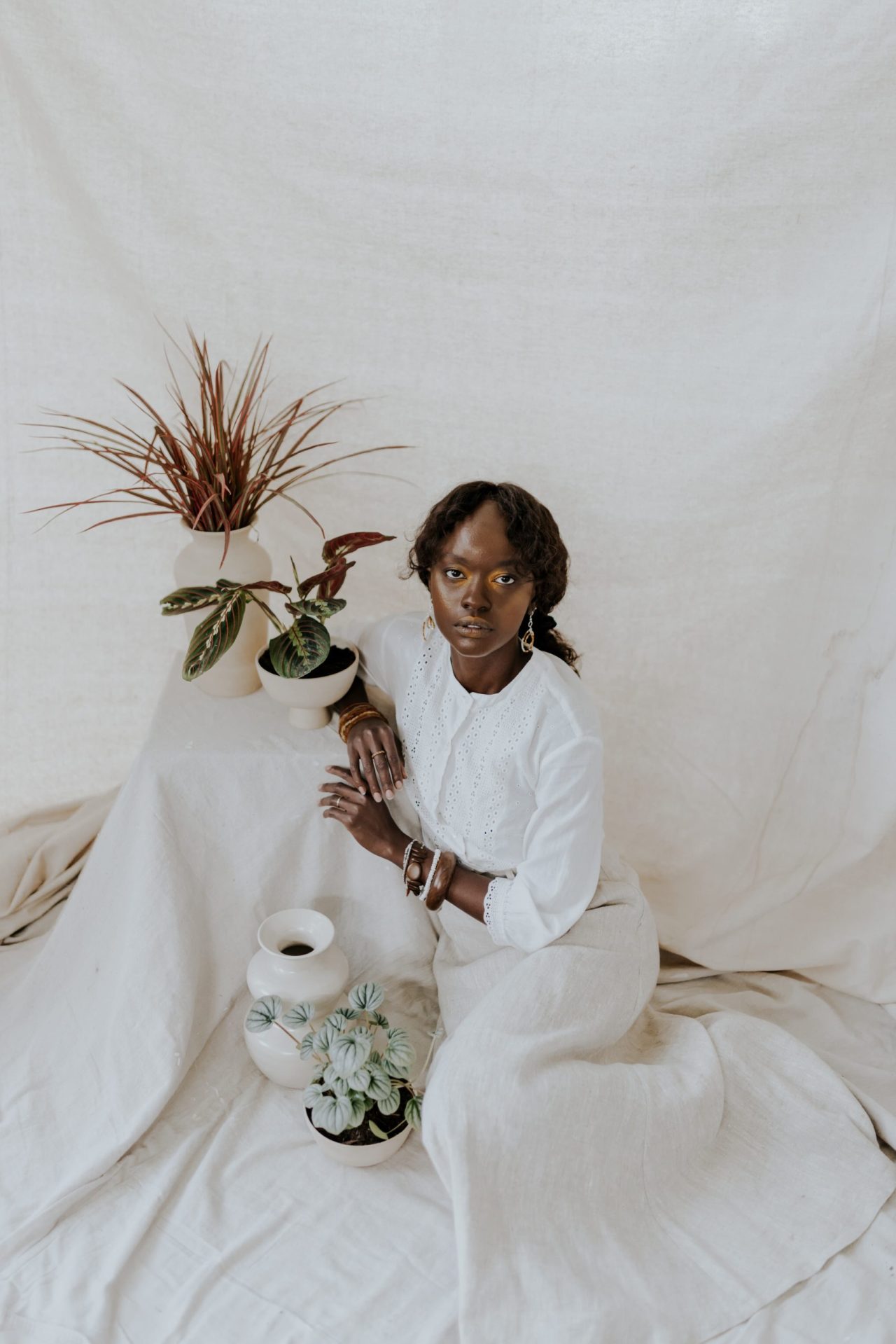
Please Don’t Forget To Heal
The topic of mental health and its importance is becoming more and more pervasive these days, which is a much-needed development for humanity, even though we still have plenty of work to do around it. Along with the rise in ubiquity of mental health awareness has also come the carved out, specialized spaces that address intersectionality and the mental health needs of those whose identities incorporate several overlapping groups, i.e. lesbian women of color, trans men of color, etc. This development is also worth celebrating – people who have been historically marginalized and silenced are being seen and heard from in new ways now, allowing the people of those communities better access to the care, treatment, and healing they need. People outside of these groups are also given more opportunities to better understand these perspectives as the mental health work of these communities is shared.
But if you’re not already accustomed to the maintenance that nurturing positive mental health requires, you could miss out on completing the process in a healthy way – that is, to 1) take the pain of your trauma, 2) decode it, 3) write honest, healthy meanings around it, then 4) heal.
That last part is one I didn’t recognize I was keeping myself from until a licensed mental health practitioner I follow on social media announced that she was opening a healing program for her patients and those who enjoy her videos. I think that if positive mental health habits weren’t modeled to you when you were young, but instead were habits you started learning in adulthood, it can be easy to get caught up in the catharsis of finally feeling seen and heard. For some of us, it’s the first time in our lives we can actually make sense of why we’ve always felt or behaved in certain ways around specific topics or situations. It’s a relief to learn what the term “gaslighting” means and being able to comfort a younger version of yourself who you and everyone else assumed had just gone crazy. It can be fun to have that revenge conversation in your brain where you go, “See, Dad/Mom/Uncle Tim? You WERE wrong about that!” and revel in finally claiming victory over a decades old back and forth between you and them, even if it’s just an imaginary conversation. But that phase is no place to stop (drop) and open up shop. That place only leaves you spending energy on being angry, energy that is put to better use living the beautiful life you’re creating by learning to nurture your mental health.
If we imagine the brain functioning like a home, we can start to see the importance of confronting, dealing with, and moving on from obstacles and hurdles as the entirety of the process factors into an overall well-functioning structure. When the garbage can is full, we empty it. When dust and dirt start to build up, we sweep, mop, and polish it away. If the electricity stops working, we diagnose the problem and solve it, else we go without lights. Regardless of if you’re a carnivore or a vegan, if you don’t clean your fridge and freezer out regularly, mold will build up inside them. You will also need to routinely make room for your new groceries. Hopefully you’re seeing the picture I’m trying to paint with words and metaphor: cleanup and disposal is part of what keeps a home functional.
Refusing to move onto healing after you’ve done the work around identifying your trauma and being honest about it is a lot like calling a plumber to fix your toilet but keeping the toilet waste around in a bucket afterward. It’s like collecting the dust and dirt into a pile in the middle of the floor instead of disposing of it. Gross, right? Choosing not to heal is kind of gross, too. Because truthfully, once you’ve identified the source of your pain and chosen the new set of habits you will adopt to create a fresh start for yourself (which often includes setting boundaries), you don’t need to hold on to the ugly pieces any longer. Doing so opens you up to being further harmed by them. Remember my metaphor of the home? This is exactly why we don’t keep buckets of sewage sitting around in our homes – it’s a health hazard! Choosing not to heal from your pain is hazardous to your health, too. But the healing part is more than just doing the work – healing is a choice we make. Healing is an act of personal responsibility.
If you’re not convinced yet, consider the person you want to be. You are in competition with only yourself, so I hope that your ideal self is an actualized, authentic version of you and not a comparison to someone else. Assuming they are, I’d be willing to bet that the person you wanted to become when you embarked on your mental health journey was not an angry, bitter, easily triggered person. It was someone who could be relied on by their loved ones. It’s someone who is well-adjusted, who can handle life’s hiccups with composure. It’s someone who people enjoy being around.
You become that person when you heal, not when you stay angry or victimized.
Someone wise once told me, “You know you’ve healed when you have a scar.”
If you’re still picking at scabs, you have not yet healed.
